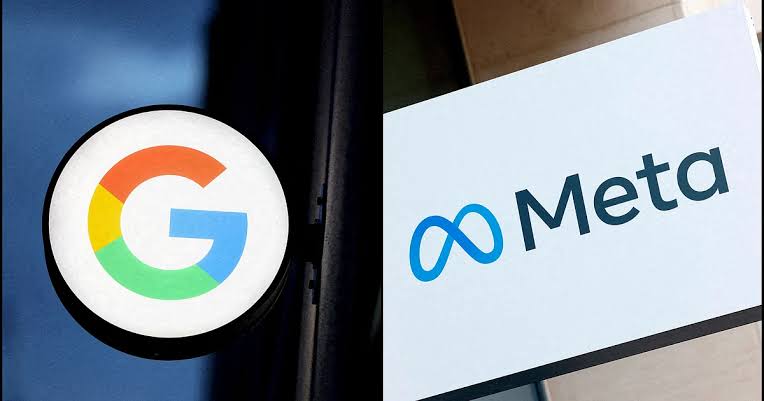Meta Platforms Inc., the parent company of Facebook and Instagram, has signed a cloud computing agreement worth at least $10 billion with Alphabet Inc.’s Google.
The multi-year partnership underscores the intensifying competition among Big Tech companies to secure the computing power required for artificial intelligence (AI) development.
Under the agreement, Meta will pay a minimum of $10 billion over six years to leverage Google Cloud’s servers and storage, according to media reports.
The move provides Meta with immediate access to massive computing capacity as it races to deploy AI tools for users and developers.
What You Should Know
The deal comes as Meta CEO Mark Zuckerberg commits to spending “hundreds of billions” on AI infrastructure in the coming decade.
Although Meta operates more than two dozen data centers globally and is building a 4 million-square-foot campus in rural Louisiana, experts say many of these facilities won’t be operational for years, prompting the need for outside partnerships.
Zuckerberg’s strategy, according to insiders, is to maximize computing power per AI researcher and accelerate the development of Meta’s AI models, particularly the Llama family of open-source models.
Why Google and Why Now?
This agreement represents Meta’s first major cloud deal with Google, which currently ranks third in global cloud infrastructure behind Amazon Web Services (AWS) and Microsoft Azure.
While Google Cloud confirmed the partnership, it declined to provide further details. Meta, meanwhile, chose not to comment.
The companies have collaborated before, most notably in 2023 when Google Cloud integrated Meta’s Llama models into its Vertex AI platform, allowing developers and businesses to build applications with Meta’s AI tools.
But this marks the first time Meta is formally adopting Google as a primary infrastructure provider. Analysts say the deal is as much about pricing as performance.
What the Deal Means for the Future of AI
Industry leaders say Meta’s $10 billion partnership with Google Cloud illustrates a new reality in artificial intelligence: scale and infrastructure are becoming as critical as model innovation itself.
Analysts view the agreement as a validation of Google Cloud’s growing competitiveness against AWS and Azure, while also underscoring the intensifying race to make AI scalable and commercially viable.
Global AI spending is projected to exceed $300 billion annually by 2030, with cloud services accounting for the largest share of that growth.
Against this backdrop, observers say partnerships like Meta’s and Google’s are expected to accelerate innovation cycles, expand global access to AI tools, and intensify competition over pricing and performance.
Talking Points
It is striking that Meta, despite operating more than two dozen of its own data centers, has turned to Google Cloud for a $10 billion AI infrastructure deal — underscoring how urgent and capital-intensive the race for computing power has become.
This agreement positions Google Cloud as more than a distant third player in the market. By securing Meta as a flagship customer, Google signals that its flexible infrastructure and competitive pricing are finally gaining traction against AWS and Azure.
At Techparley, we see this deal as a validation of how AI is reshaping cloud economics. The demand for computing resources to train and deploy models like Llama has grown so rapidly that even tech giants with vast infrastructure must seek external partnerships to keep pace.
As the AI ecosystem evolves, we see opportunities for new entrants to carve niches in a market dominated by a few hyperscalers. The Meta–Google partnership may be the beginning of a broader realignment in how infrastructure power is shared across Big Tech.





